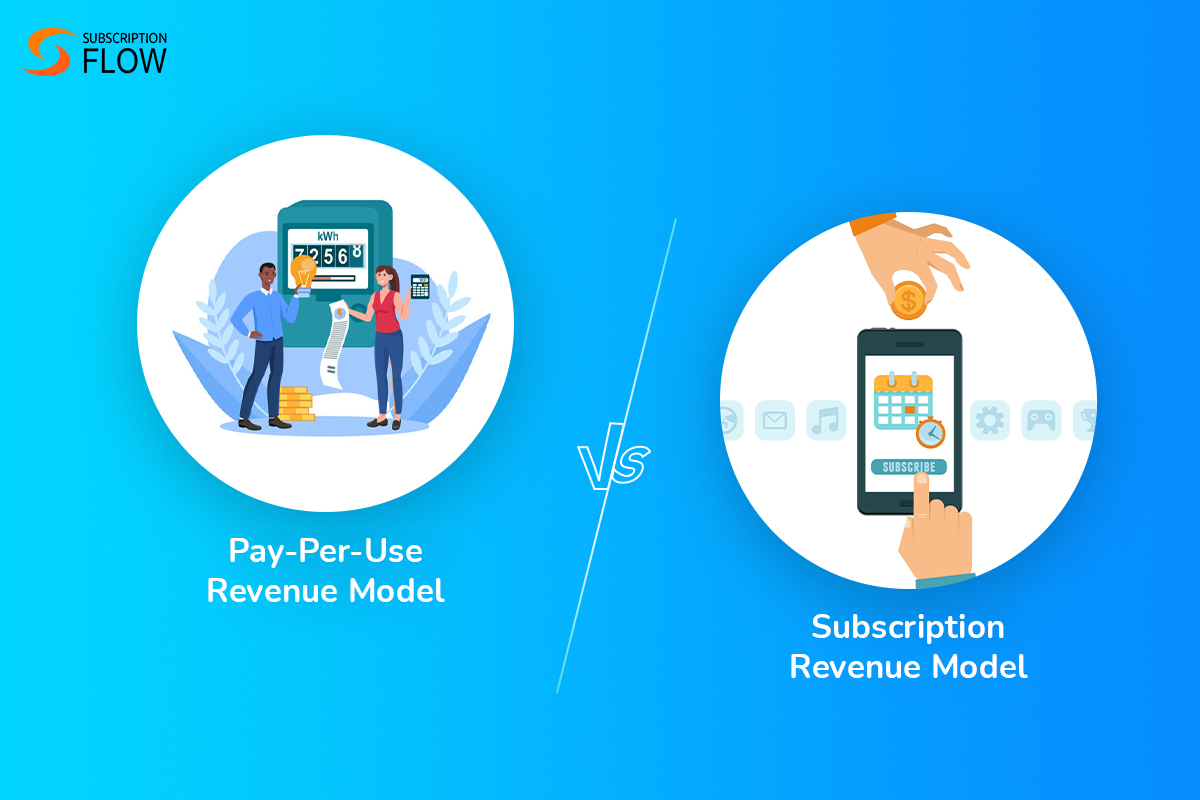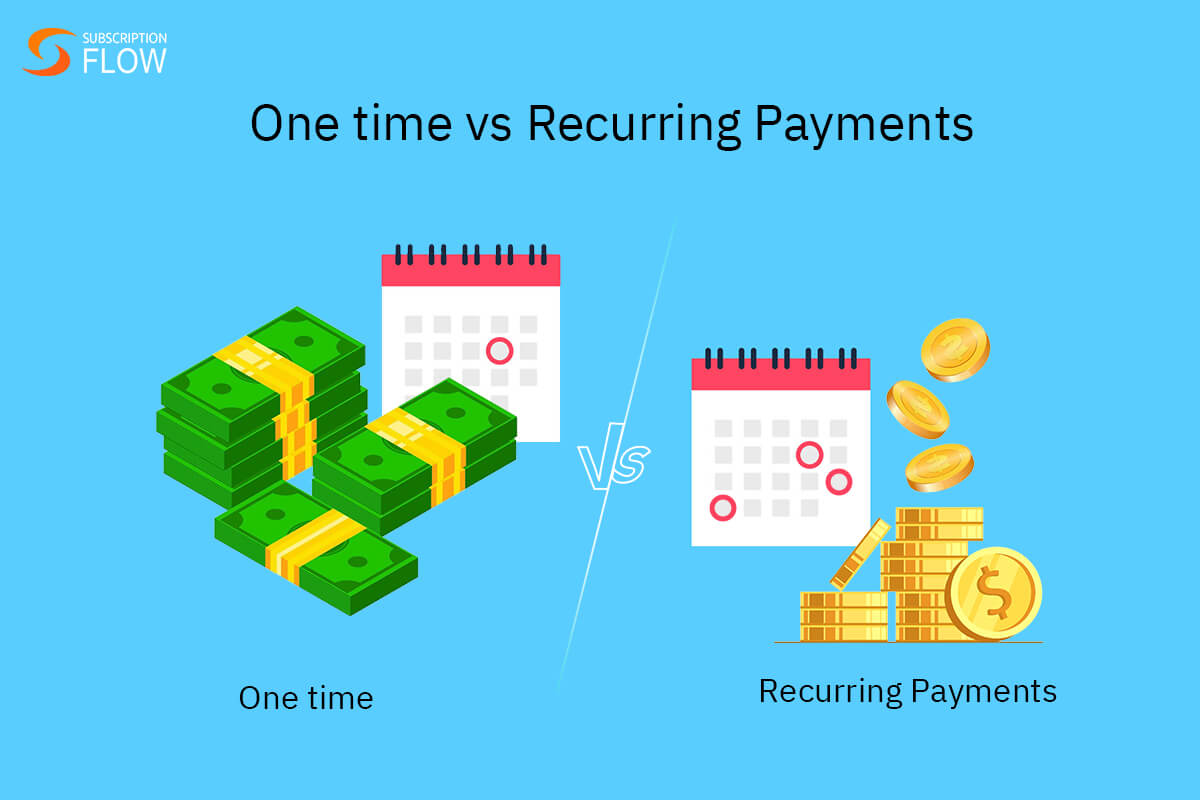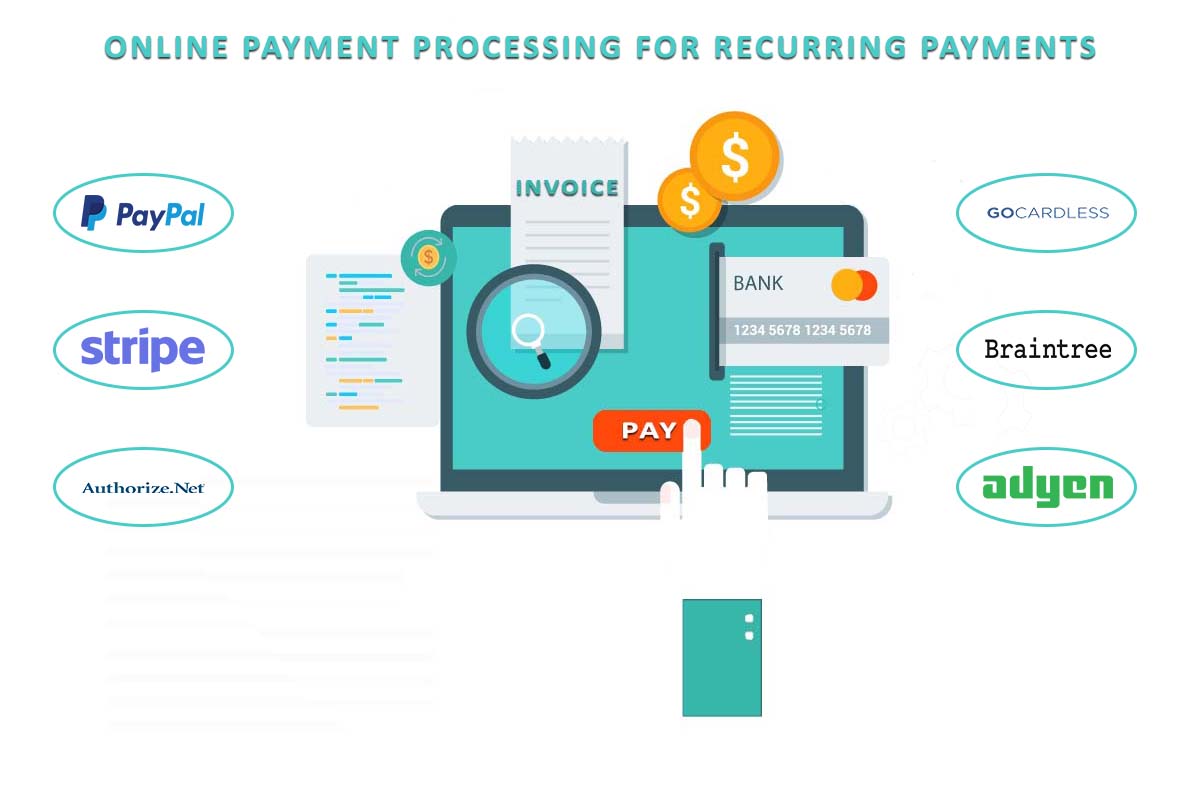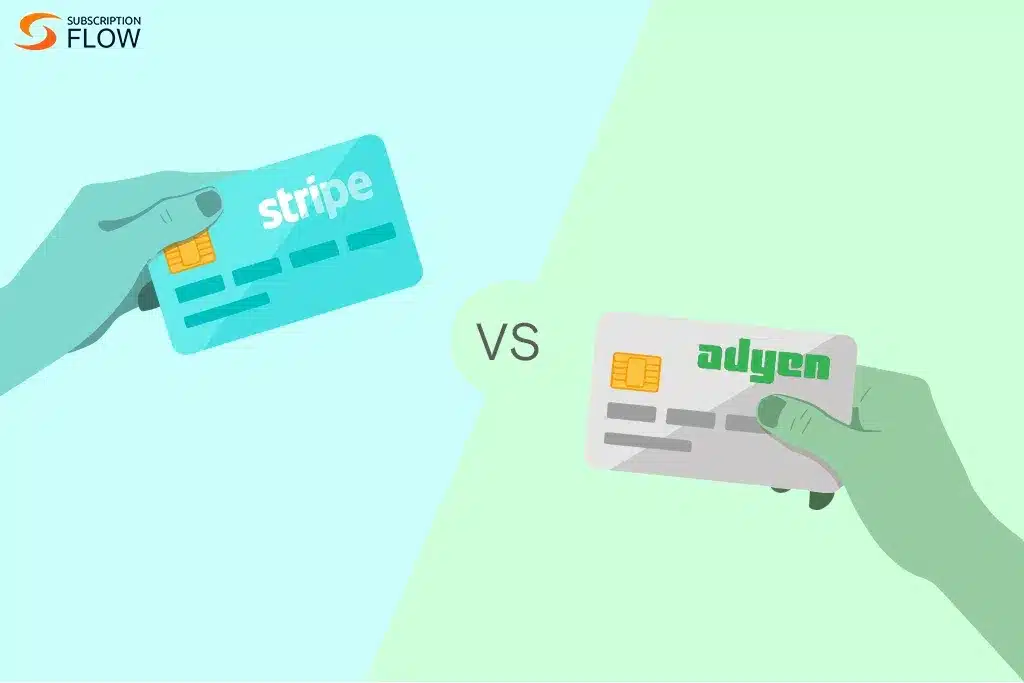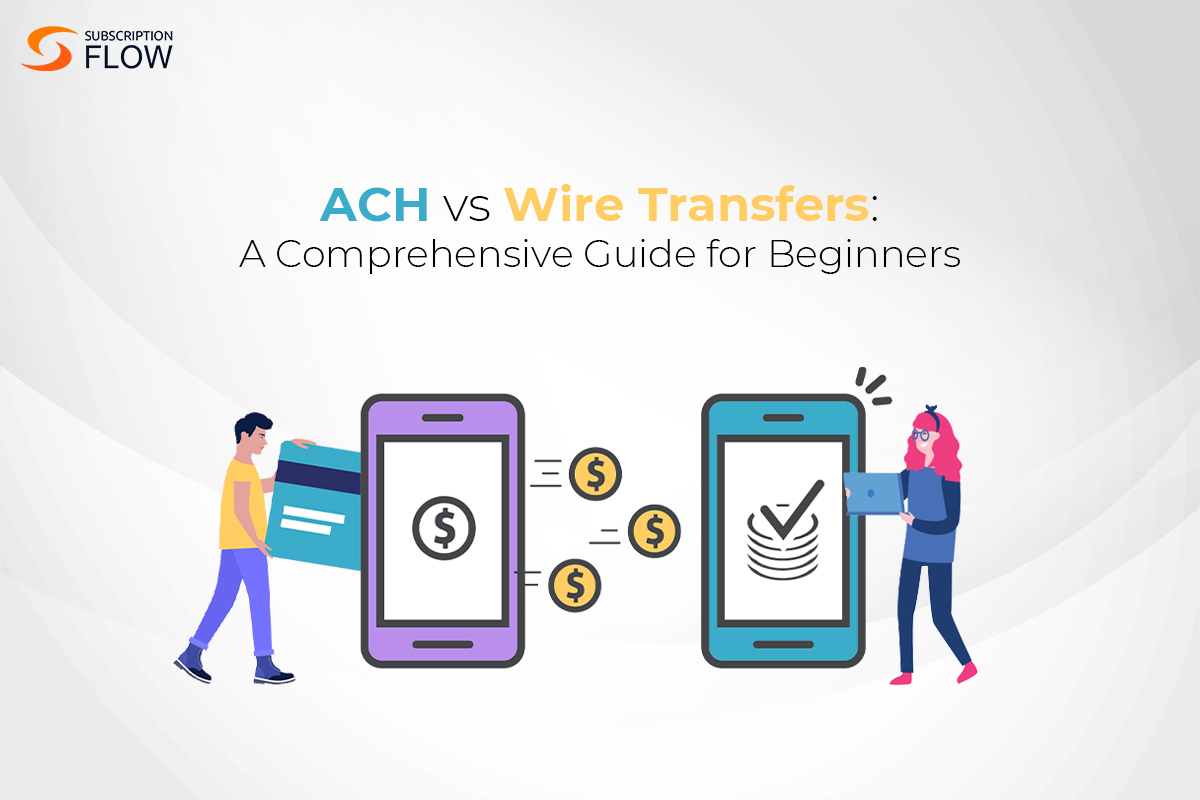
ACH vs. Wire Transfers: Know the Key Distinctions
In the process of electronic fund transfers, it is important to recognize the differences between ACH and wire transfers. Though both allow for digital money movement, their features differ to a great extent. ACH transfers, made through the Automated Clearing House network, are preferred for recurring, lower-value domestic transactions, such as payroll or bill payments, focusing on cost over speed. In contrast, wire transfers provide quick, frequently same-day transfers, best for high-value or time-sensitive transactions, both domestic and international. This is at a more expensive price. Being aware of these major distinctions enables informed decision-making based on transaction urgency, value, and geography.
This blog will elaborate on the main differences between ACH vs. wire transfers, thereby helping you understand these modes of money transfer better.
What is ACH transfer?
An ACH transfer is an interbank electronic funds transfer processed through the Automated Clearing House network. The ACH network is an all-U.S. network with more than 10,000 financial institutions, such as banks and credit unions. ACH institutions batch transactions and process them on a predetermined schedule.
To initiate an ACH transfer, money is solicited using ACH instructions from the originating bank account and sent into the receiving bank account. ACH transactions for each receiving institution are sent in batches a maximum of five times a day.
Though these may take a few hours to several days to settle, the initiator of the request may opt to pay extra for same-day service. Otherwise, the standard turnaround time is usually one business day for debits and up to two business days for credits.
You have two choices regarding what kind of ACH transfer to initiate.
- ACH credit payments instruct your bank to make payment to the payee. The payee is able to debit the amount due from your account. This can be helpful, for instance, for making regular bills.
- ACH debit payments are person-to-person or person-to-business payments set by the payer. This can be helpful for transferring money to various bank accounts.
Requirements for an ACH transfer
In order to perform an ACH transfer, you will require:
- Name
- Routing number
- Account number
- Account type (business or personal)
- Amount of transaction
What is a wire transfer?
Wire transfers retain the name of where they came from: the telegraph wire. In short, wire transfers are point-to-point transactions between financial institutions. One bank sends a message and payment instructions to the payee’s bank via a secure transfer system, such as Fedwire.
One of the most common applications for wire transfers is sending large amounts in one-off payments, i.e., a down payment for a property.
In transaction security, wire transfers could be compared to electronic cashier’s checks, which, as opposed to the paper check, are much harder to be fraudulently used. There are both domestic and foreign wire transfers, which are also referred to as remittance transfers.
Wire instructions for another wire transfer network between the receiving and sending bank comprise minimal details. Wire transfer instruction details encompass details of a personal nature (address, phone number, name) as well as the amount of the transfer. Individuals and institutions are both facilitated in wire transfer between them. Some other details necessary are:
- The account number on which the transfer will be carried out
- The ABA number of the recipient’s bank or international wire transfer SWIFT code
- The bank account number for the recipient.
Understanding the key differences between ACH vs. wire transfers
1. Transfer rate
Domestic wire transfers typically clear in minutes and settle in a business day. ACH transfers can take hours to days to both clear and settle.
ACH transfer
How long an ACH transfer takes to clear depends. If the originator is willing to pay the additional fee for same-day processing and the transaction is sent on a business day during one of the three same-day processing windows, then clearance, settlement, and disbursement will all occur that day.
Otherwise, settlement will occur the morning of the following business day. Unless there is an error, disbursement occurs within minutes to a few hours.
Wire transfer
A wire transfer settles as soon as the receiving bank endorses the incoming message. This occurs either immediately or after any standard time.
If the transfer goes through the Clearing House Interbank Payment System (CHIPS) instead, the timing relies on when the transfer is made. If mailed by the bank’s midday cutoff, it will usually settle early that night. Otherwise, it will settle the following business day.
2. Nature of Transactions
ACH transfers are utilized most frequently for smaller, more regular transactions, whereas wire transfers are used mostly for larger-value transactions.
ACH transfers are considerably higher in number. For instance, the ACH network processed more than $72 trillion worth of transfers during 2021, spread across 29 billion transactions. It is an average value of approx. $2,500 per transfer. The delayed settlement has long made ACH a better choice for lower-value transactions.
Wire transfers are significantly larger on average. Fedwire (responsible for processing most US wire transfers) processed $991 trillion in transfers in 2021, over 204 million transactions. Nonetheless, a lot of transactions clear through CHIPS before settling on a netted basis through Fedwire. Nevertheless, the actual average value is significant.
3. Security
ACH electronic fund transfers are processed securely as transfers between banks. The risk is the presence of a fraudulent invoice or supplier in the payables system. An automated payables and global mass payments software application offers comprehensive fraud prevention controls to eliminate this risk.
Wire Transfer
Wires are safe if the transaction is legitimate and not fraudulent. Banks and the CFPB provide some protection against fraud and consumer protection if the consumer warns in time and carelessness is not present.
4. Geographical limitations
Domestic ACH is confined to the USA and can be processed through bank-to-bank networks called Global ACH. Although there have been efforts to refine interoperability between ACH-like networks across the globe, keeping up with global regulations can be complicated.
Wire Transfer
Wire transfers are not limited due to geographical barriers. International wire transfers can help render a smooth network of banks and can send funds across states with ease. However, ease has a cost; although domestic transfer fees can range from $0 to $35, international transfers can be expensive.
Choosing between ACH Payments and Wire Transfers
Choosing between ACH and wire transfers largely depends upon transaction size, need for urgency, costs associated, and payment frequency. ACH payments are more suitable for domestic, bulk, or regular transactions. In this case, cost efficiency is crucial, whereas wire transfers are more suited to urgent case or high-value transactions or transactions that require fast processing.
It is necessary for businesses to consider the integration of payment methods with their accounting and financial management system. Moreover, navigating your business needs is crucial to devising the best payment method.
The Takeaway
In order to opt for a method of payment, you must select a payment gateway offering support for the chosen payment method. Moreover, you must ensure that the payment gateway integrates easily with your subscription management software. Thus, understanding the distinctions between wire transfers vs. ACH can help to decide upon the best system for addressing your payment requirements.
Reach out to SubscriptionFlow to understand payment gateway integration and which mode best suits your company.

